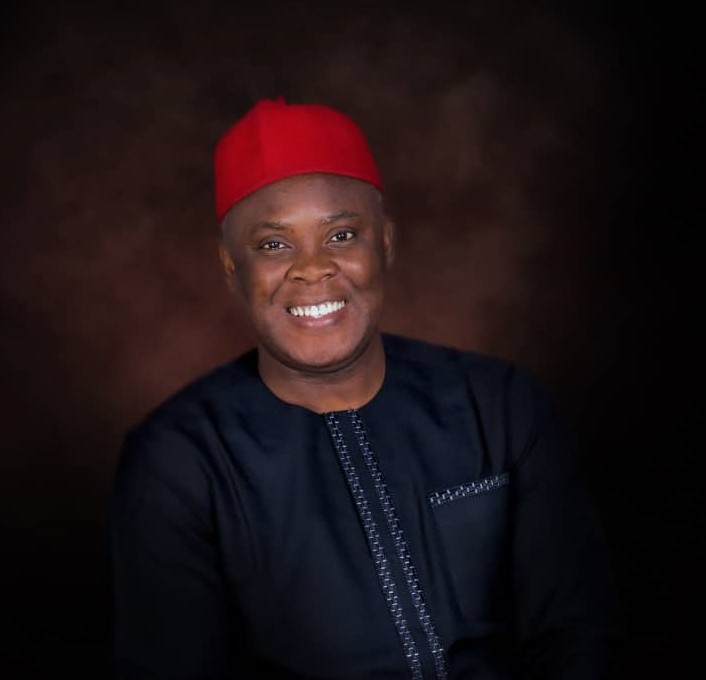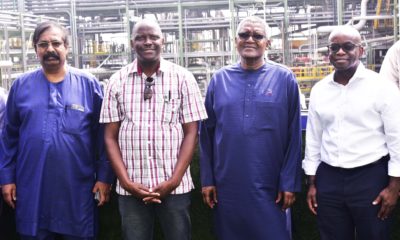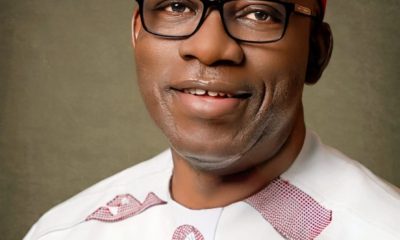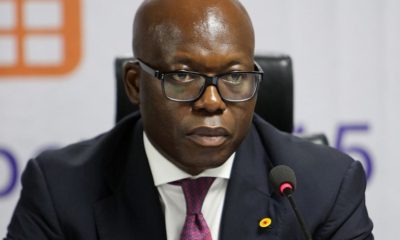News
ALL YOU NEED TO KNOW ABOUT SOUTH EAST DEVELOPMENT COMMISSION

On Tuesday, President Bola Ahmed Tinubu signed the Southeast Development Commission Bill into law.
The bill sought to establish a commission that will be charged with the responsibility to receive and manage funds from the allocation of the federation account for the reconstruction and rehabilitation of roads, houses and other infrastructural damage suffered by the region as a result of the effect of the civil war after 54 years.
The commission will also tackle the ecological problems and any other related environmental or developmental challenges in the Southeast States which include Abia, Imo, Enugu, Anambra and Ebonyi.
Here are some basic details about the bill:
Objectives of the Southeast Development Commission Bill
Infrastructural Development: The primary aim is to provide essential infrastructural facilities such as roads, bridges, healthcare facilities, and educational institutions.
Economic Growth: Stimulate economic activities in the Southeast region by addressing historical neglect and disparities.
Social Development: Improve the quality of life for residents through enhanced social amenities and services.
Equitable Development: Ensure balanced development across Nigeria by focusing on the Southeast region, which has been historically underdeveloped.
Key Provisions of the Southeast Development Commission Bill
Establishment of the Commission: The bill mandates the creation of the Southeast Development Commission to oversee and manage developmental projects in the region.
Funding: The bill outlines sources of funding for the Commission, which may include allocations from the federal budget, grants, donations, and other legitimate sources.
Governance: The Commission will be managed by a board comprising experienced and credible individuals appointed by the government.
Scope of Work: The Commission’s responsibilities include planning, executing, and monitoring developmental projects, as well as collaborating with state and local governments within the Southeast region.
Transparency and Accountability: The bill includes provisions for ensuring transparency and accountability in the Commission’s operations to prevent corruption and misuse of funds.
Impact expected from the Southeast Development Commission Bill
Historical Redress: Address the historical neglect of the Southeast region, particularly since the Nigerian Civil War.
Regional Development: Focus on comprehensive development plans that cover urban and rural areas within the Southeast.
National Economy: Contribute to the overall growth of Nigeria’s economy by unlocking the potential of the Southeast region.
Advocacy and Support
Advocacy Groups: Numerous advocacy groups have supported the bill, emphasizing its necessity for regional development.
Political Support: Key political figures, including Deputy Speaker Benjamin Kalu, have championed the bill, demonstrating a commitment to the well-being of the Southeast people.
Conclusion
The Southeast Development Commission Bill represents a significant step towards addressing the developmental needs of Southeast Nigeria, ensuring equitable growth, and improving the quality of life for its residents. The successful implementation of this bill is expected to have a transformative impact on the region and the nation as a whole.
Sponsorship of the bill
The sponsorship of this bill is currently generating a lot of controversy. While the story that has been out there is they the bill was sponsored by the Deputy Speaker, House of Representatives, Rt. Hon. Benjamin Okezie Kalu co-sponsored by other members of the House from the South East region, a new report is saying otherwise.
The new report suggests that the originators of the bill were Hon Chukwuma Onyema of 8th National Assembly and Hon Henry Nwawuba of the 9th Assembly.
However, When the bill failed to scale through during the 9th National Assembly, it was freshly re-introduced in the 10th Assembly by the Deputy Chairman of Appropriation and member representing Afikpo North/Afikpo south federal constituency, Hon. Gary Igariwey.

























